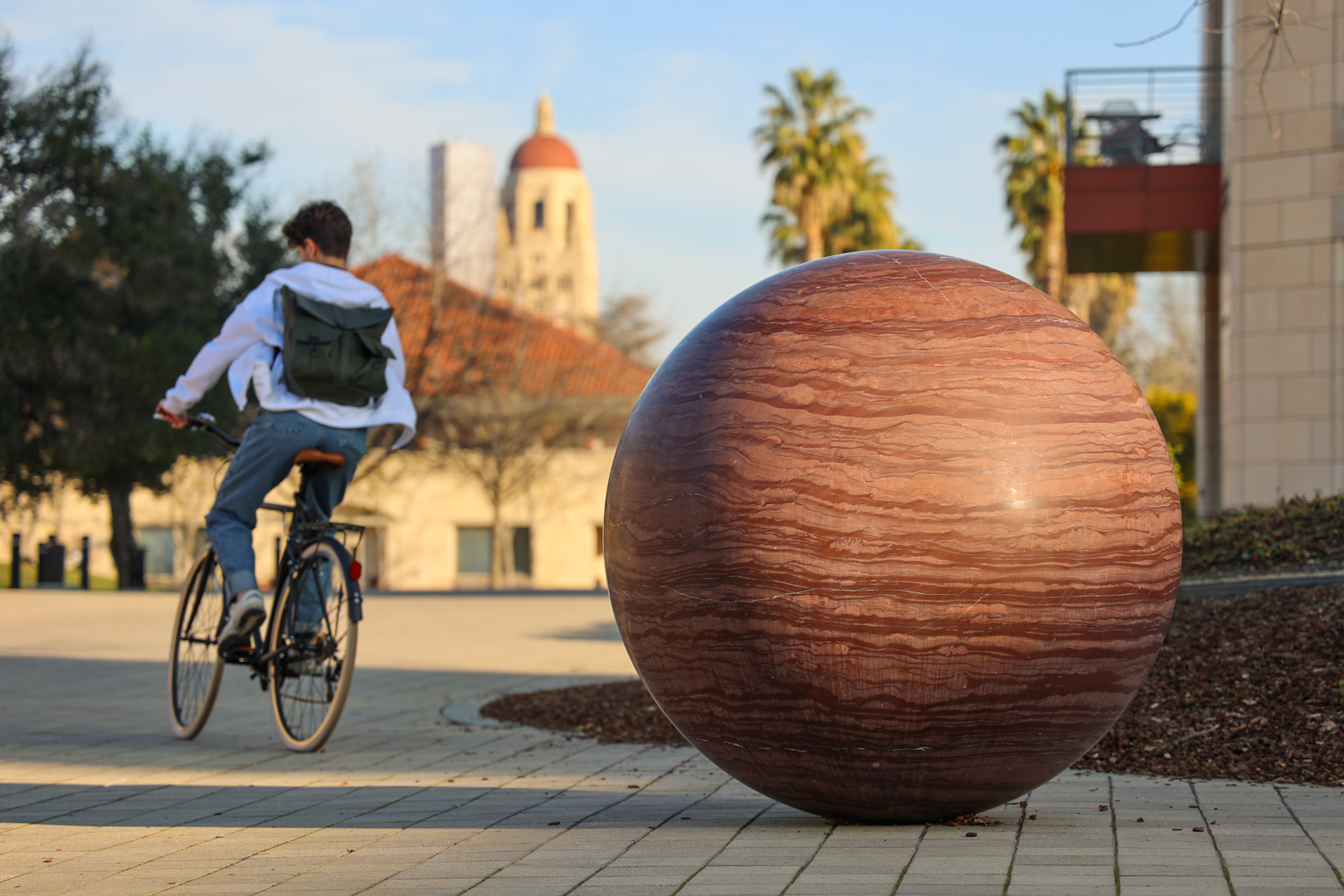Benjamin Midler’s column “Observer” seeks the long view. It sometimes comes up short.
Pruning interests is part of growing up. As children, many of us juggled several sports and perhaps an instrument or two. Through high school, and now especially in college, many of those have fallen by the wayside.
This manifests as consolidation — several casual interests being sacrificed in favor of one or two intense ones. This is a natural process — one that can be resisted, to be sure, but needn’t be. The question is how well we settle into these more narrowly defined roles.
Until this point, little separates different courses. In grade school, the curriculum for the soon-to-be novelist is relatively similar to that for the future physicist. This is no longer the case. For perhaps the first time, we are making seemingly irrevocable choices that have real implications for what we can and cannot do.
Many factors inform these decisions. Intensity of interest, certainly, but also more pragmatic ones. Economic concerns are experienced more acutely by some, after all.
The search for purpose is thus an idiosyncratic process, constituted by the reconciliation of multiple constituents. It’s tough. Despite several resources that help, such as the Career Education Office, many struggle. Career fairs are awash with students struggling to explain to recruiters why supply-chain logistics is their greatest passion. So it goes.
What ought one do in their search? I wish I knew. It strikes me, though, that a great deal of discontent comes from a lack of balance.
Most careers, let alone graduate school programs, are continuations of the pruning we have already begun as undergraduates. A computer science major who enjoys the occasional creative writing class becomes the software developer whose sole literary escape are witticisms in function comments. Rare is the job that facilitates both, which reverberates with the broader national trend of professional discontent.
I’m loath to acquiesce, but the perspective students have of the various courses that life can take is a limited one. Our view is narrow and predominated by stereotypical careers, such as lawyer and doctor, as well as the firms at career fairs and whatever it is that our parents do.
This necessarily trickles through to choices we make about classes and majors. It’s not just a question of remuneration, but of visibility. A road is more easily taken when an end is in sight. Curious, then, that less than a third of people wind up in careers related to their college majors.
As such, we are in the inconvenient position of making choices that will reverberate for years into the future without a clear sense of what that future might entail, or even what many of the alternatives may be.
This is a situation more inconvenient to some than others, and is one that some attempt to mitigate more than others. Students can avail themselves of several classes, clubs and University offices whose goal is to aid in this respect. Outside of these institutional avenues, many students find their own ways to navigate an uncertain future. I personally take solace from biographies.
I find them useful not just because they detail the intricacies and convolutions of people whom I respect and admire, but also for a very simple ratio. When reading a biography, I stop at the page nearest to when the protagonist is my current age and compare the past pages to the size of the book. Without fail, more than four-fifths are yet to come.
I’m a believer in serendipity — the tendency to meet fate by happenstance, regardless of the path we may have taken to avoid it. Luck favors the prepared, certainly, but there’s no preparing for the unpredictable.
The overweighting of the latter portions of a biography comes not because everything went according to plan, but because it didn’t. We are made by this serendipity.
Questioning what to do with your life is a fall ritual. This is when recruiters descend and students send off their job and graduate school applications. While doing so, it’s important to bear in mind the consequences of reflexive grasps for certainty. Not only is such security a mirage, but attempting to quash volatility makes it all the more improbable to discover something new — to fill out the last four-fifths.
Rather than asking what life you’d most like to have, I wonder whether a more urgent question is which step puts you in the best position to discover it.
